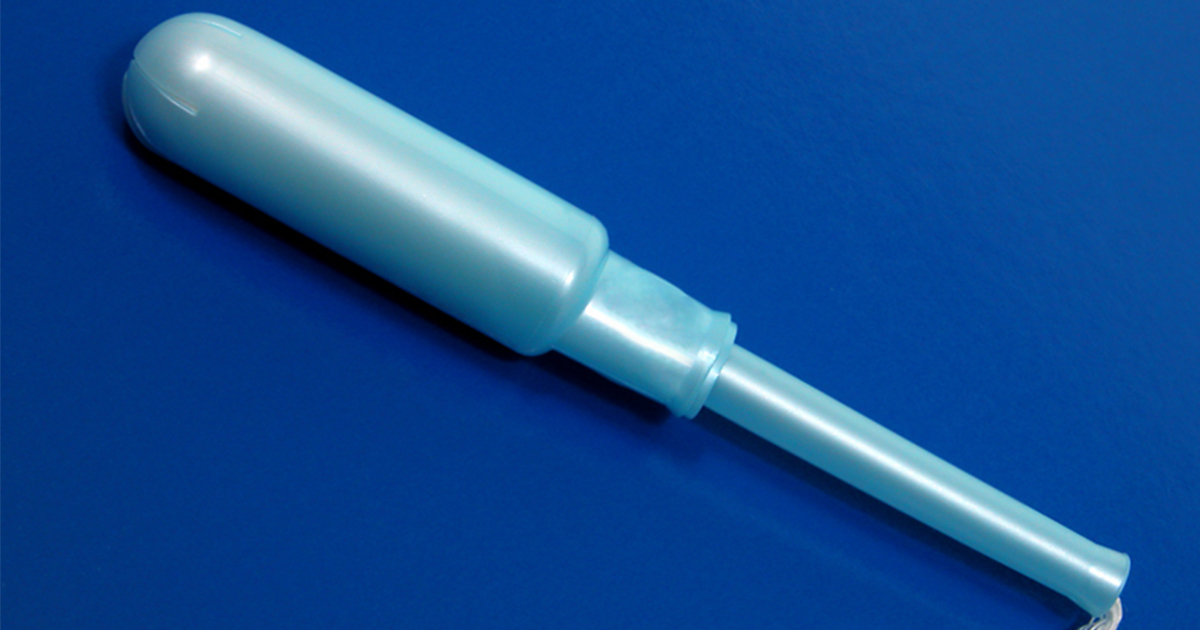New York City Makes Tampon History

By:
The New York City Council has just made women's health history by unanimously passing a set of bills on menstrual hygiene products.
 BigStock/Duplass - bigstockphoto.com
BigStock/Duplass - bigstockphoto.com
As a result, New York City will be the first city in the country to require that public schools, homeless shelters, and jails provide free tampons and sanitary pads.
This is wonderful news considering that periods can be a pain both in your uterus and in your wallet.
In most states, menstrual hygiene products are unfairly taxed, because they are considered "luxury" items (even though they are an involuntary bodily function for half of the population).
This historic moment takes place during a national conversation surrounding "menstrual equity." In 2014, author and Guardian columnist Jessica Valenti sparked controversy by suggesting that menstrual hygiene products should be subsidized:
“Menstrual care is health care, and should be treated as such. But much in the same way insurance coverage or subsidies for birth control are mocked or met with outrage, the idea of women even getting small tax breaks for menstrual products provokes incredulousness … because it has something to do with vaginas. Affordable access to sanitary products is rarely talked about outside of NGOs – and when it is, it’s with shame or derision.”
Lack of access to menstrual hygiene products can keep girls from attending school. Low-income women can't use food stamps for those items either. When combined with a lack of access to clean bathrooms, they're at risk for vaginal infections and a weakened immune system.
For women in jail, the lack of access to menstrual hygiene products is even worse, resulting in unsanitary rationing of pads and dehumanizing conditions.
In a statement, Julissa Ferreras-Copeland, New York City council member, finance chair, and the prime sponsor of the bill for schools said it best:
"Providing menstrual hygiene products privately, immediately and for free is also about sending a body-positive message by not perpetuating shame and humiliation, and acknowledging that women's bodies, even those of women serving time in prison, deserve some dignity during their periods."
[h/t New York Magazine]
